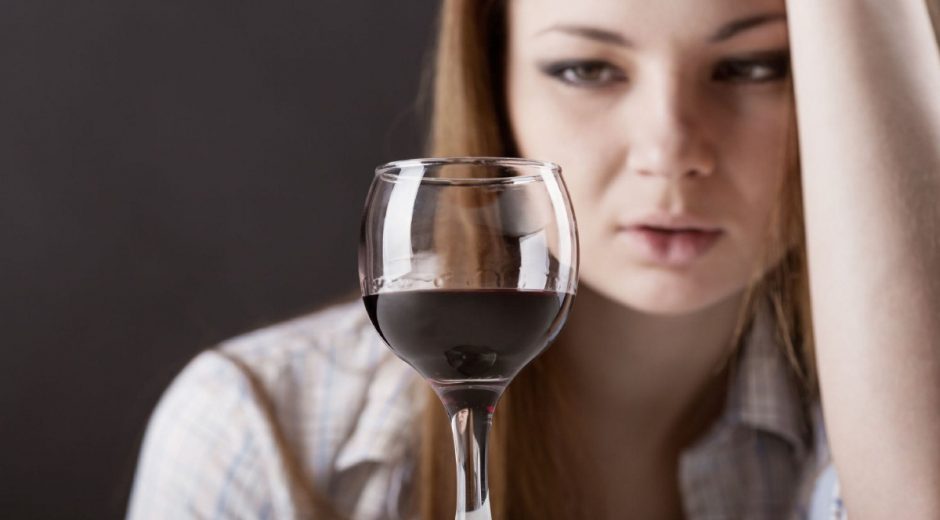Why do I need inpatient alcohol detox?
Many people believe that if they want to overcome alcoholism, they can gradually reduce the amount that they drink. However, alcoholism is a dangerous condition that creates a strong physical dependency. Stopping or reducing alcohol consumption can cause the body to go into shock. Alcohol withdrawal symptoms can be serious – sometimes life-threatening – and for this reason, alcohol detox should be done under medical supervision. Inpatient programs are recommended not only to protect the health and safety of the patient, but due to the easy availability of alcohol in non-medical settings.
Several studies have shown that people who enter supervised detox programs are at far less risk of short-term relapse. They are more likely to enter and complete alcohol rehab programs.
What are the alcohol withdrawal symptoms?
Detox from alcohol can produce a wide range of physical and mental symptoms, including the following:
- Shaking
- Nausea and vomiting
- Depression, anxiety and mood swings
- Fatigue, insomnia and nightmares
- Muscle weakness and lack of energy
- Sweating alternating with chills
- Delirium tremens (DTs) and hallucinations
- Strong cravings for alcohol that you may feel powerless to fight
- Weight loss or weight gain
How does detox work?
At Medical Detox Toronto, we do not believe that all individuals should undergo detox in the same way. Everybody’s addiction is different, and for detox to be effective, it has to be tailored to each unique set of circumstances. Your detox program will be designed with consideration for your health, the length of your addiction, the amount of alcohol you consume on a daily basis, whether you are also using other substances, and other factors. All of this will be determined during your intake assessment.
Once admitted, you will be on round-the-clock medical supervision as the alcohol works its way out of your system. This twenty-four hour care is in place so that any uncomfortable or dangerous symptoms can be handled as they arrive. Remember, the goal is to keep you safe and comfortable, and to prepare you for the next step in your recovery.
You can expect withdrawal symptoms to start two or three days after your last alcoholic drink. They will peak after a few days, and with proper medical supervision, the last symptoms will leave after approximately two weeks.

